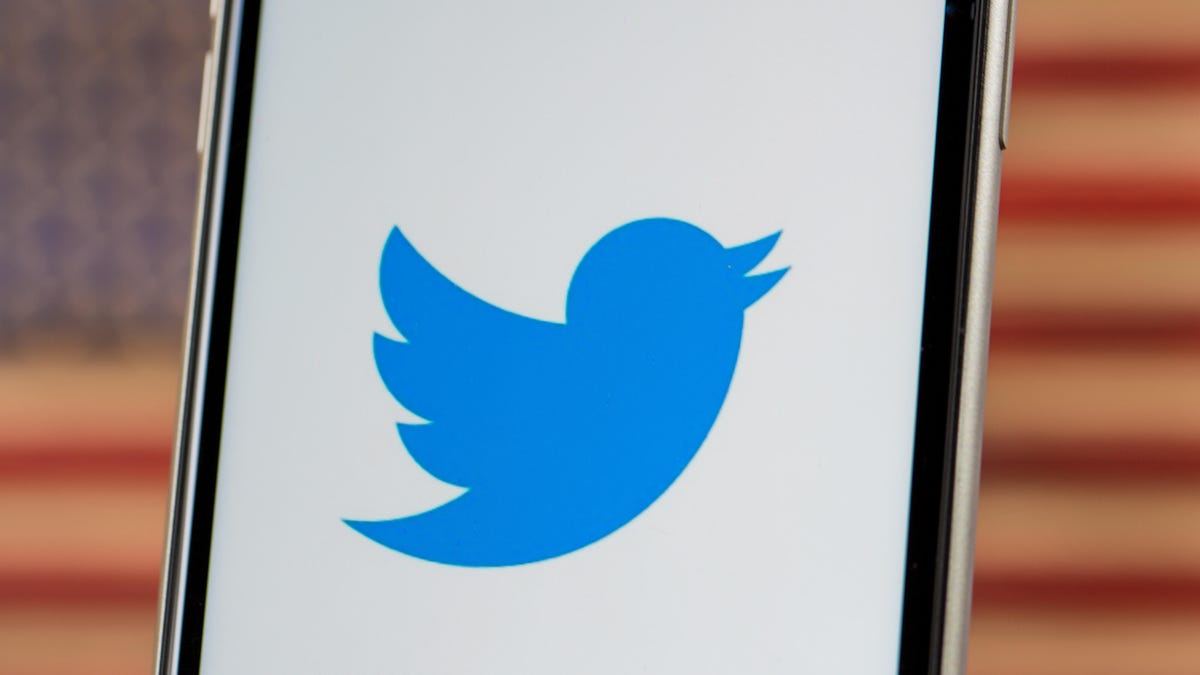Twitter removes over 70,000 QAnon accounts after Capitol riot
The site began permanently banning accounts on Friday.

Twitter has removed more than 70,000 accounts since Friday that were primarily dedicated to sharing content related to the false QAnon conspiracy theory, the social media company said Tuesday. The crackdown is part of Twitter's efforts to remove content that could incite violence in the wake of a violent attack at the Capitol last week.
"These accounts were engaged in sharing harmful QAnon-associated content at scale and were primarily dedicated to the propagation of this conspiracy theory across the service," the Twitter Safety team wrote in a blog post on Tuesday. Twitter noted that its enforcement actions may have "resulted in follower count changes in the thousands" for some people's Twitter accounts.
In addition to purging QAnon accounts, Twitter on Friday permanently banned President Donald Trump's account, which had over 88 million followers. Facebook on Thursday also "indefinitely" blocked Trump from its platforms.
QAnon has gripped Trump's base, and many of the people who attacked the Capitol on Wednesday wore T-shirts or held signs expressing their belief in the conspiracy theory. QAnon falsely states that a cabal of Satan-worshipping sex traffickers controls the government. The FBI has said QAnon poses a threat to the country.
On Tuesday, Twitter said it has also taken other actions in the wake of the violence on Capitol Hill, including escalating enforcement against tweets that share election misinformation and blocking some phrases from surfacing in trends and searchers.

